I have played in many poker tournaments online and live and as a normal course of events for all players, often find myself in tough decision making, game critical situations. One of the best advances I have made in my game came from none other than Dan Harrington, author of three great tournament poker books titled Harrington on Holdem, Volumes I, II, and most recently III – which is a complete workbook/exam like analysis of what you have picked up from this first rate trilogy.
Dan Harrington is a tournament poker pro having won The Main Event at the WSOP in 95 and making 2 consecutive final tables in the same event in 2003 and 2004. He is also a champion backgammon player which seems to be a good background for many successful tournament players, Gus Hansen, Andy Bloch, and Chris Ferguson among them. As well as a successful businessman, Dan Harrington has proven himself a top poker writer and educator.
Anyway, these books are mandatory reads for tournament players because they explain in detail virtually every kind of situation you could find yourself in during a tournament. Fair to say the big hands are easy to play, but most of the hands in this book are contentious and challenge your thinking of game theory. In fact, there are sections in this book that could open your mind to concepts you probably have never heard of.
What I like best about the books is that each and every concept introduced has actual game situations applied and analyzed by testing your understanding of the subject at hand. The problems also include a variety of tournament situations including online play and make adjustments for the looser game style you normally find there.
When I first started playing poker tournaments, top pair was a worthy hand to go all in with. So I didnt really have to think much then, and hence, rarely got to the payouts. Slowly I learned there were more strategies involved in No Limit play, including identifying what some raises from other players actually meant. However, one of the most important things you can learn from these books is the ability to judge when to get the heck out of a hand probably one of the biggest weaknesses of most amateur players.
Now when I am in a contentious situation, before I press that all in button, (or any other one) I always stop and think for as long as I need. The first thing I ask myself is, What would Dan Harrington do in this situation?
By Lyla Duke
Lyla Duke is an online poker player at party poker under the the screen name IronDuke64. She writes about her exploits at http://www.pokerstrategyarticles.com, and does poker book reviews at http://www.pokerbookreport.com

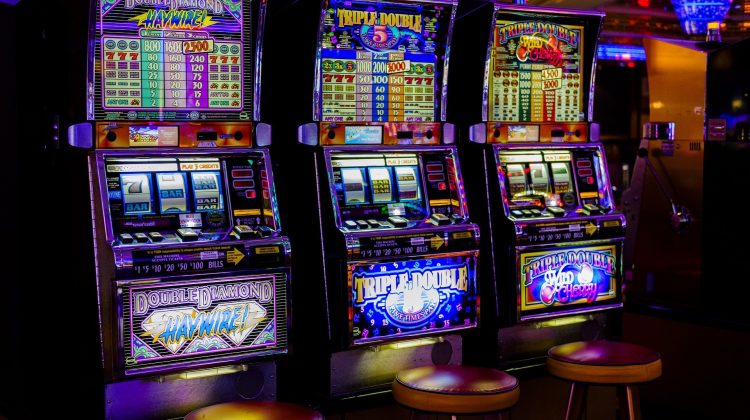
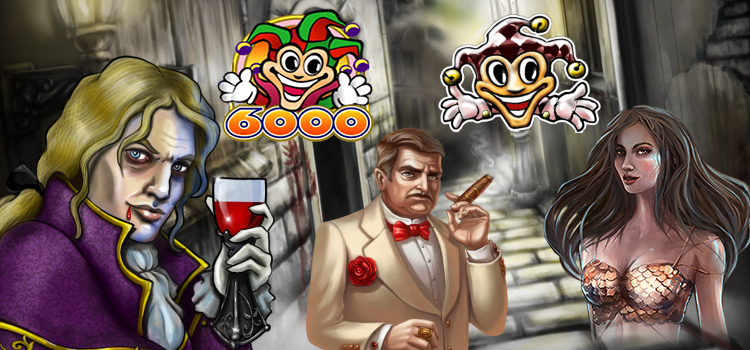
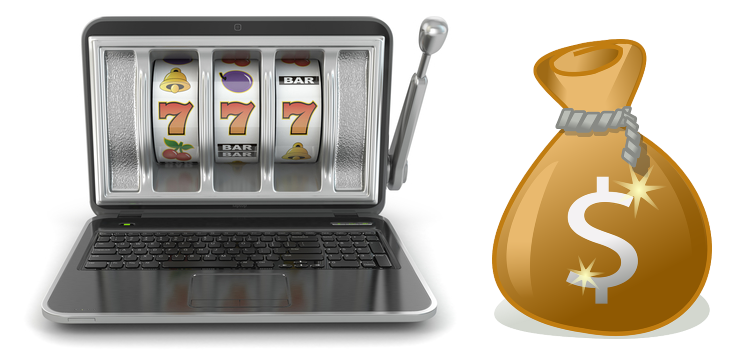
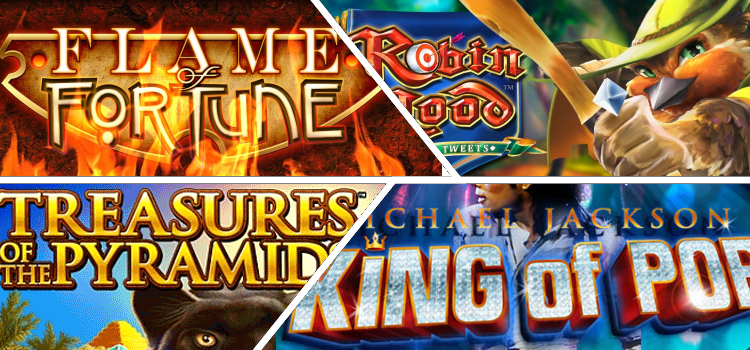
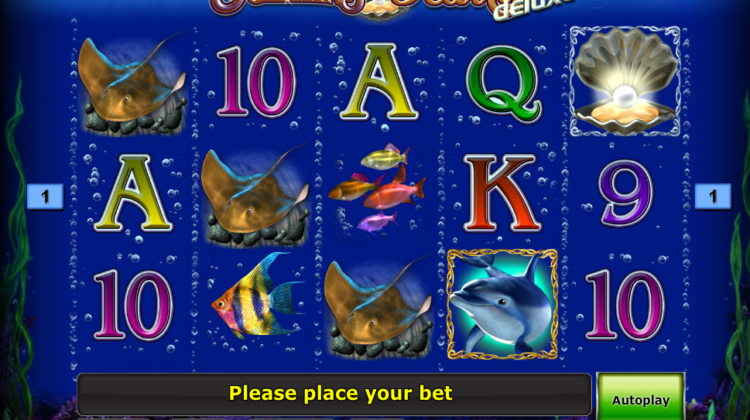
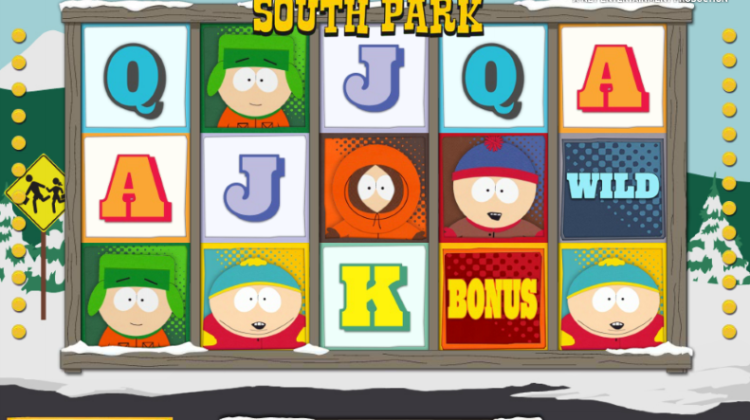

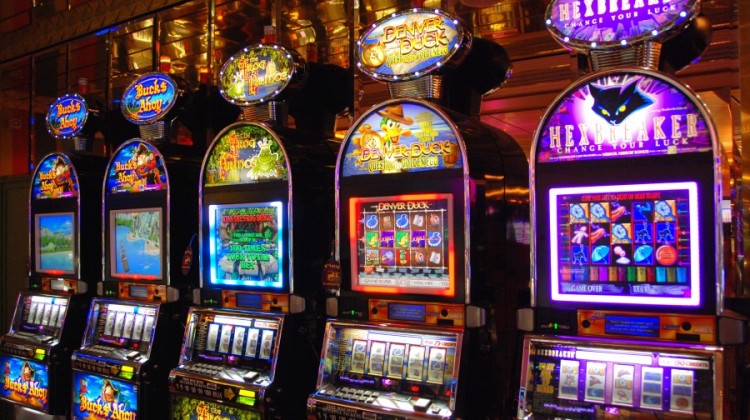
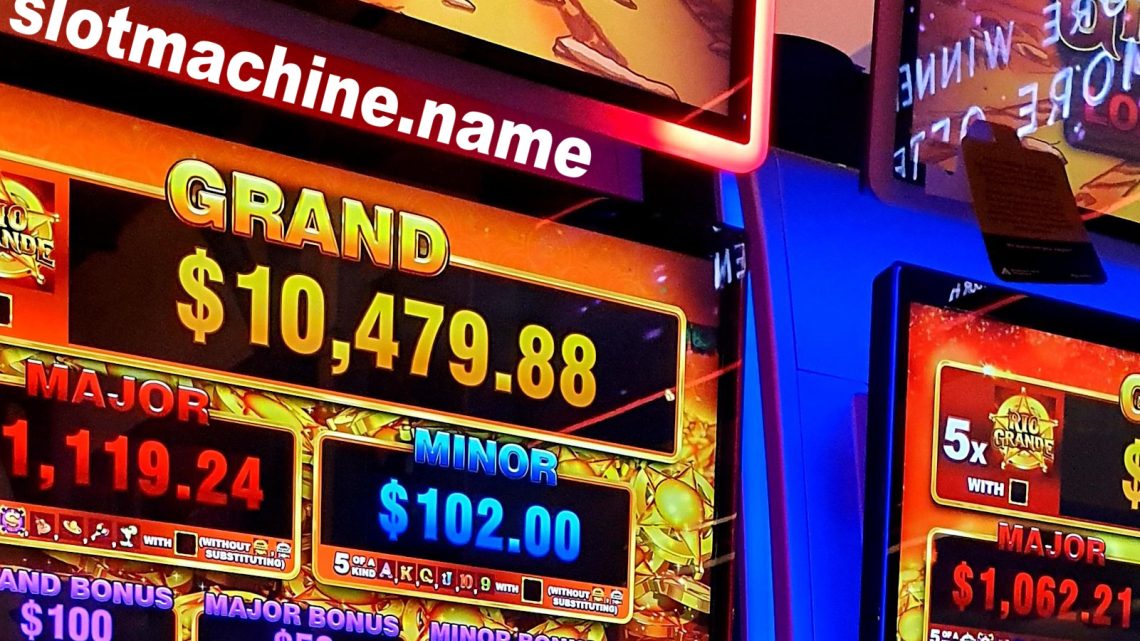
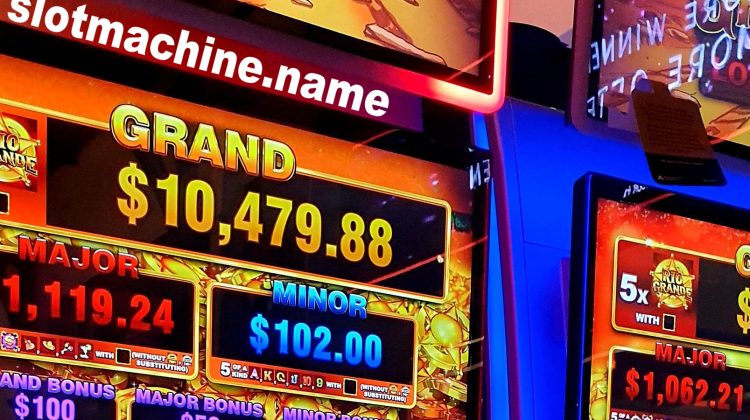
No Comment